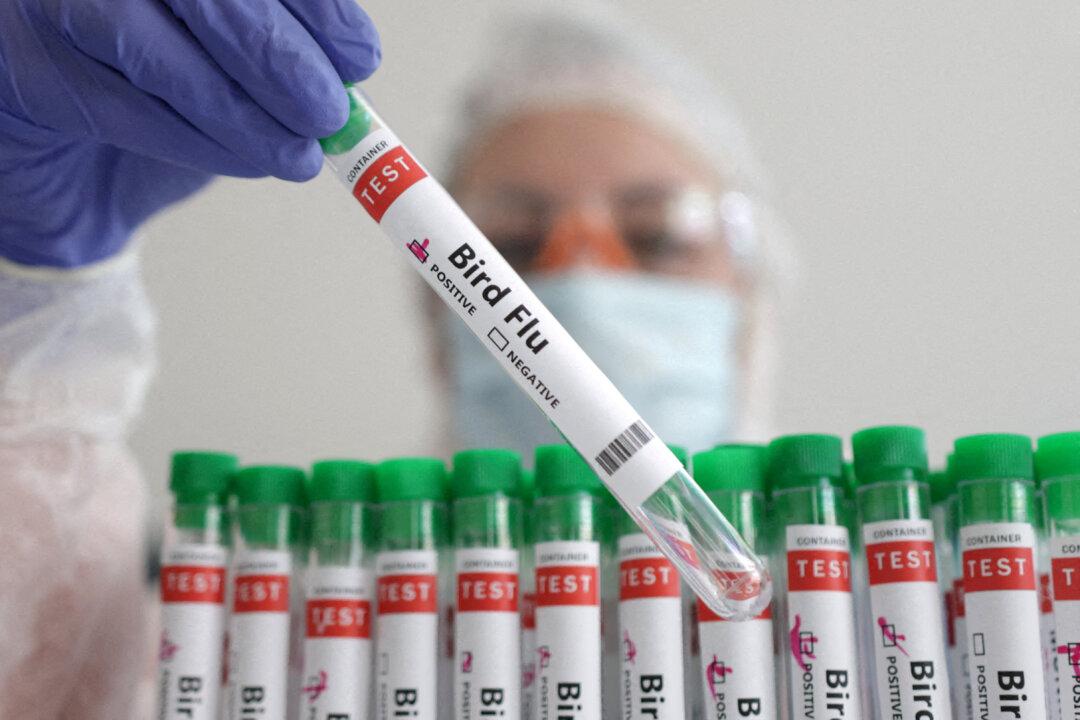The U.S. Centers for Disease Control and Prevention (CDC) said it is funding a $5 million program to provide seasonal flu vaccines to livestock workers. The initiative aims to reduce the risk of potential co-infection of both seasonal influenza and the bird flu virus, also known as H5N1, in farm workers.
Infection with both viruses could lead to a genetic reassortment, where genetic material from the two influenza viruses mixes and creates a new influenza virus, according to the CDC.





